Sesame Description, Uses, & Facts Britannica
How long do sesame seeds last? JustALittleBite
Ensure that the containers have a tight seal to prevent air and moisture from entering. Avoid moisture: Moisture is a common enemy of toasted sesame seeds. Keep them away from areas with high humidity, such as near the stove or refrigerator. Moisture can lead to a loss of crispness and even mold growth.
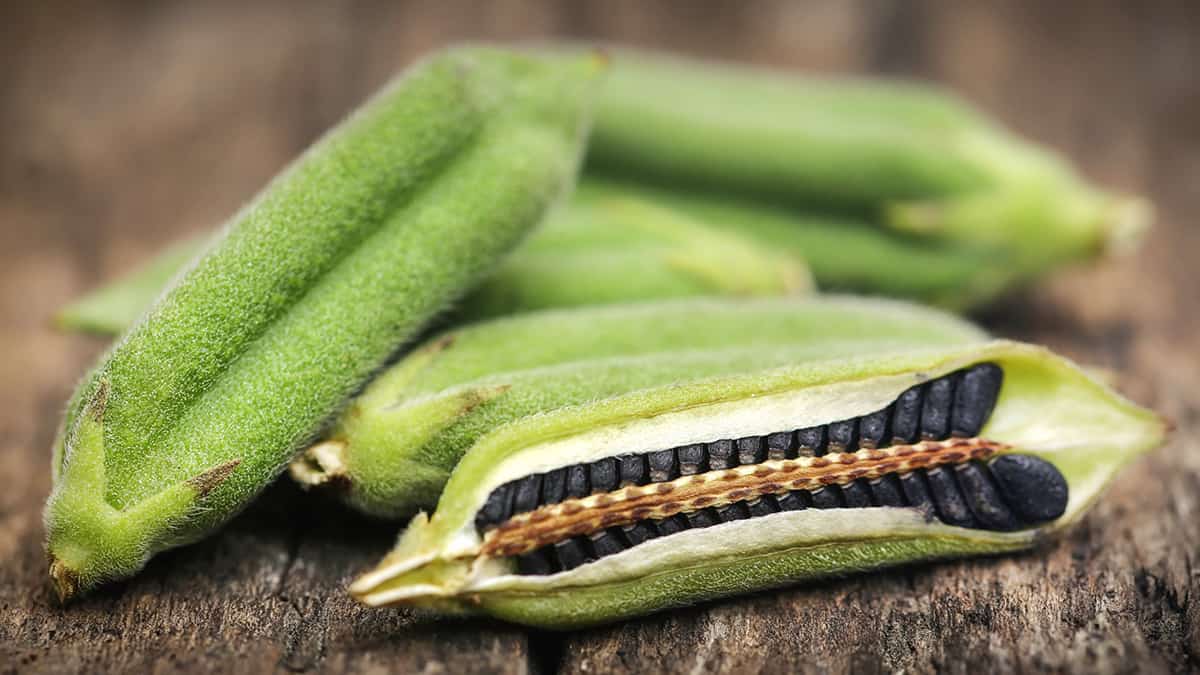
How to Grow Sesame Plant in Your Garden and Harvest the Seeds
Unopened and properly stored in a cool, dry place, they can last up to two years. Once opened, black sesame seeds maintain their quality for about six months to one year if stored correctly in the pantry. Refrigeration can further extend their shelf life, allowing them to stay fresh for potentially up to two years after opening.
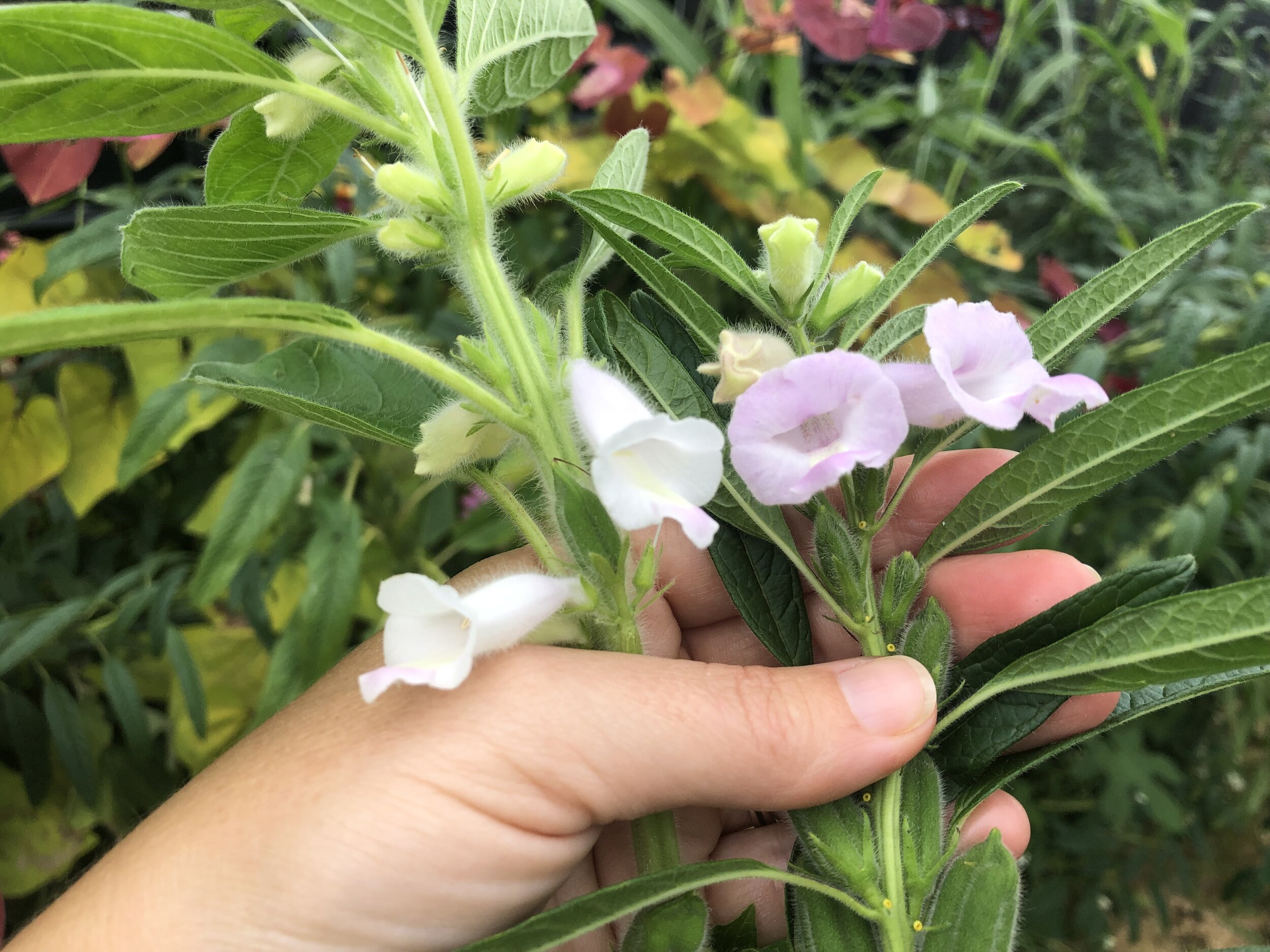
Growing Sesame — Brie Grows
1. **Proper storage is key**: How you store your sesame seeds can affect their shelf life significantly. 2. **The signs of spoilage**: There are certain signs that indicate whether sesame seeds have gone bad, such as a rancid smell or a change in taste. 3.
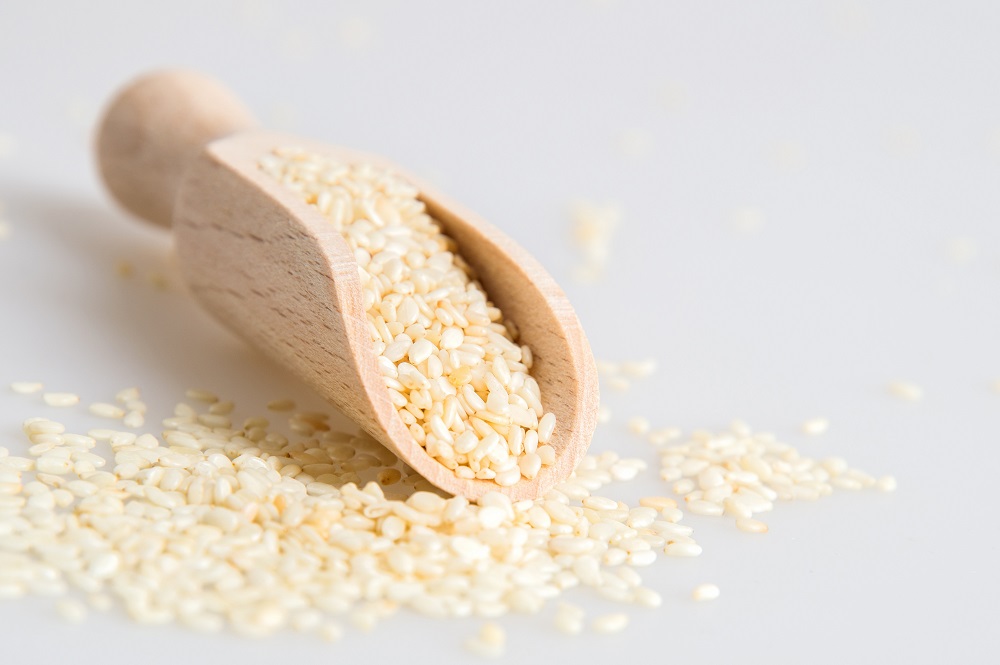
How Long Do Sesame Seeds Last? Expiration Explained Dom Eats
Provided that there are no insects or direct sunlight, sesame seeds can last for up to eight months at room temperature. This length of time is meant for roasted sesame seeds, however, and does not indicate the relative shelf-life of raw sesame seeds or sesame seeds that have been otherwise treated, such as if they were suspended in oil or.

Do Sesame Seeds Go Bad? Mealgobad
1.Preheat the oven to 350 degrees F. 2.Prepare a cooking sheet and spread the sesame seeds. 3.Bake the sesame seeds in the oven for 8 to 15 minutes. While baking, open the oven and stir it from time to time until it turns golden brown and smells fragrant. After toasting, store it as instructed above.
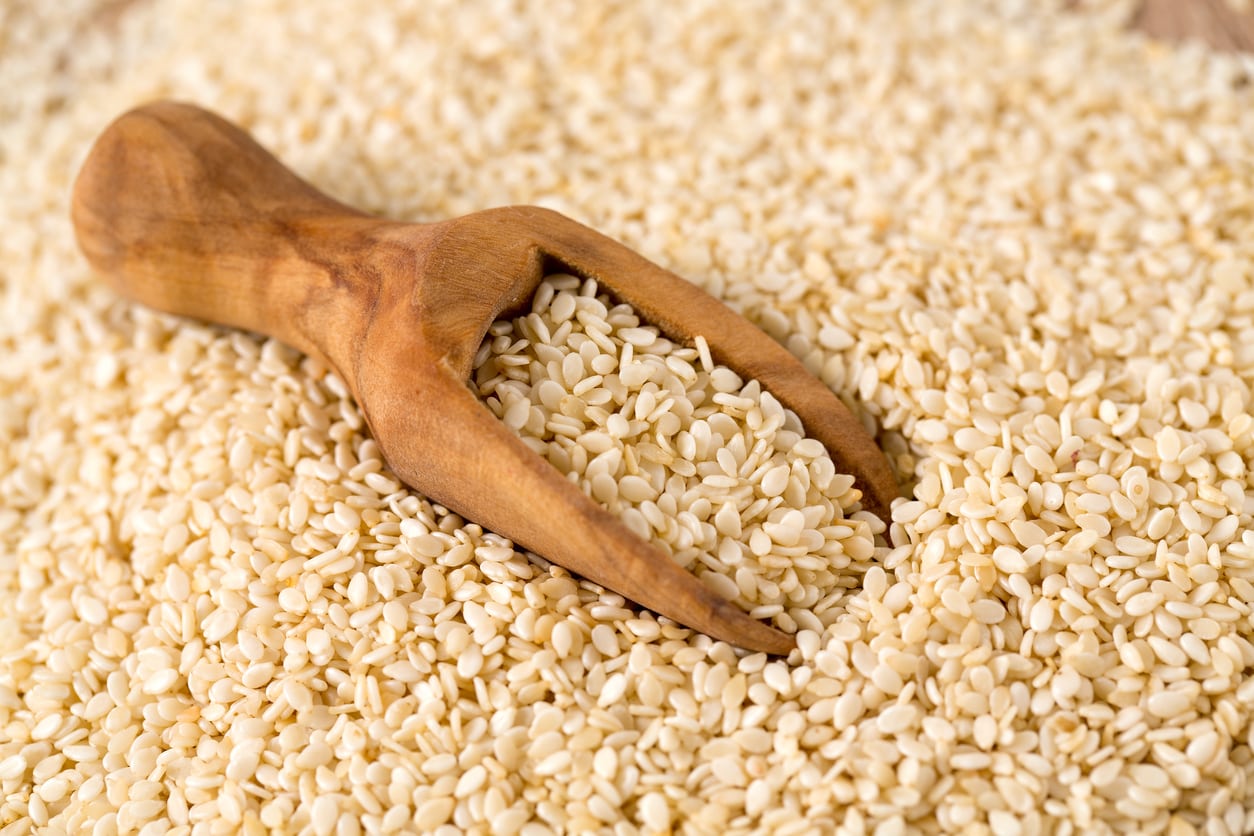
Sesame Harvest Guide When Are Sesame Seeds Ready For Picking
Sesame seeds have a long shelf life. They can be stored in a cool, dry place for up to six months. They can also be stored in the refrigerator or freezer for up to one year. When storing sesame seeds, keep them in an airtight container. Place the container in a cool, dark place. Avoid storing sesame seeds in the sunlight or in a warm place, as.
:max_bytes(150000):strip_icc()/sesame-seed-plants-were-grown-in-the-countryside-farmland-604904630-06111b02ae154c0394fed31213757c44.jpg)
What Is Sesame Seed?
Store-bought packed sesame seeds often come vacuum-sealed to keep air and moisture at bay, increasing their shelf life. Conversely, opening the seal allows external conditions to start affecting the seeds. Thus, the smart move to make the most out of sesame seed storage is to refrigerate the seeds soon after opening the pack to help conserve.
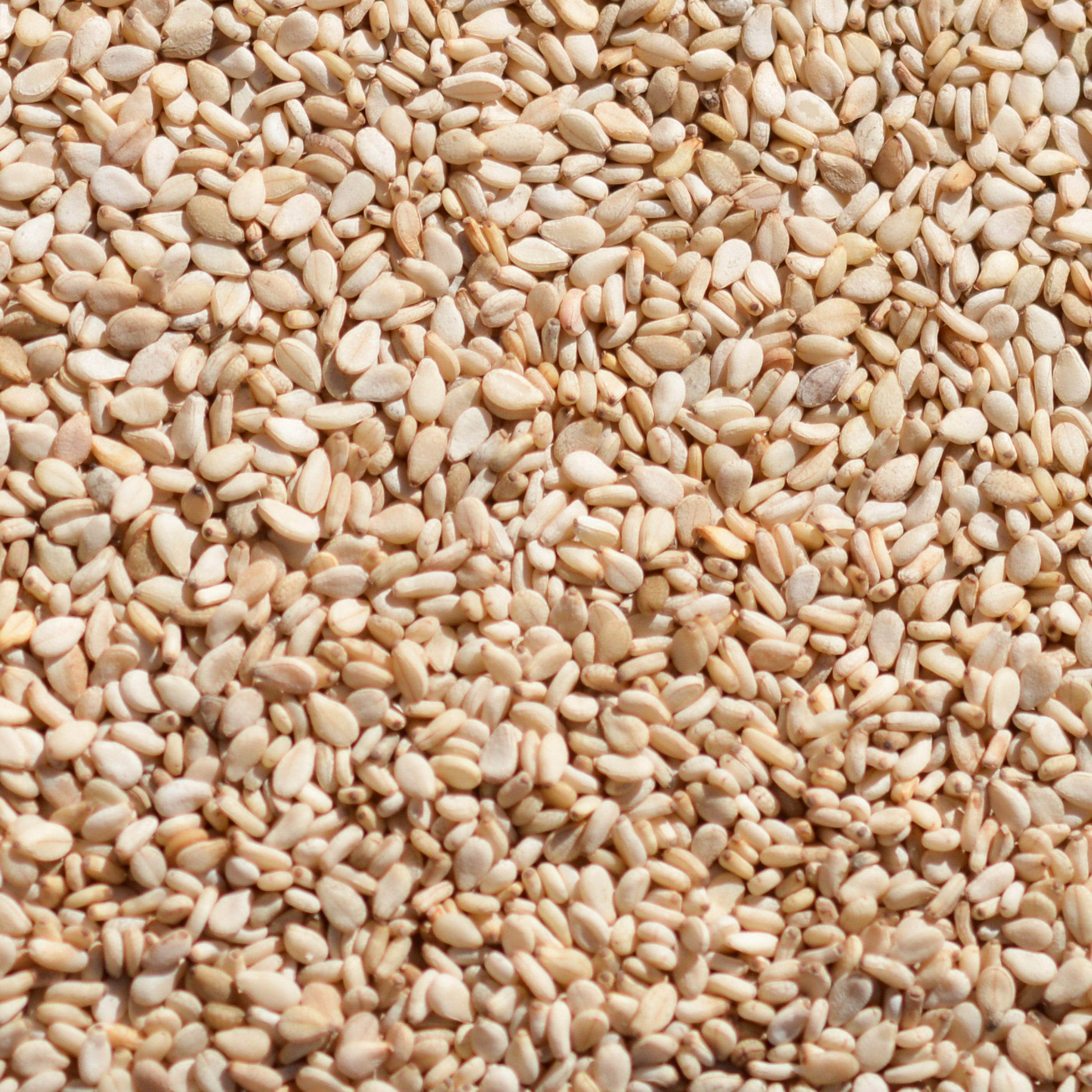
Sesame Seeds MDECA
Yes, storing sesame seeds in the freezer can help them last longer. Make sure to use an airtight container or freezer bag to prevent freezer burn. Do roasted sesame seeds last longer than raw sesame seeds? Roasted sesame seeds have a shorter shelf life compared to raw sesame seeds due to their higher oil content.
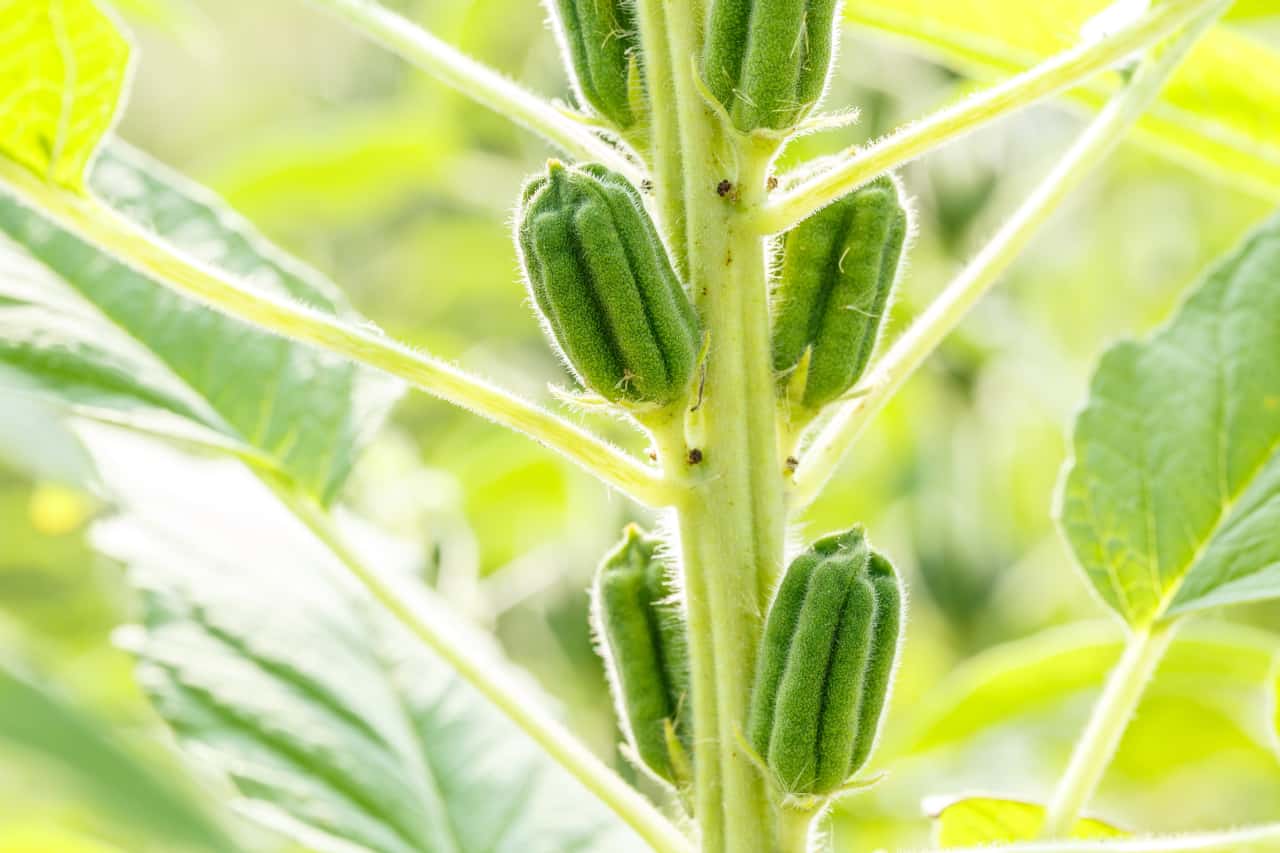
Sesame Production I Step by Step Guide I Available Market I Trade
Once sesame seeds are opened, they should last for about 6 months to a year if stored properly. To ensure the longevity of your sesame seeds, it's essential to keep them in an airtight container and store them in a cool, dark place like a pantry or cupboard. This will help prevent them from going rancid and losing their flavor.

Seed of the month Sesame seeds Harvard Health
The ideal temperature to store sesame seeds is between 32°F and 68°F (0°C and 20°C). It is best to keep sesame seeds in airtight containers or sealed bags to prevent them from absorbing moisture or odors. If stored correctly, unopened sesame seeds can last up to two years before they start to lose their flavor and aroma.

Sesame seeds small seeds that could be Nigeria’s black gold
1-3 Years. Tahini lasts. 4-6 Months. 6-12 Months. Tahini Paste lasts. 4-6 Months. 6-12 Months. Of course, sesame seeds and tahini last for a shorter period of time if they are not stored properly. But remember that sesame seeds, like a lot of other seeds, usually have a best by date and not an expiration date.
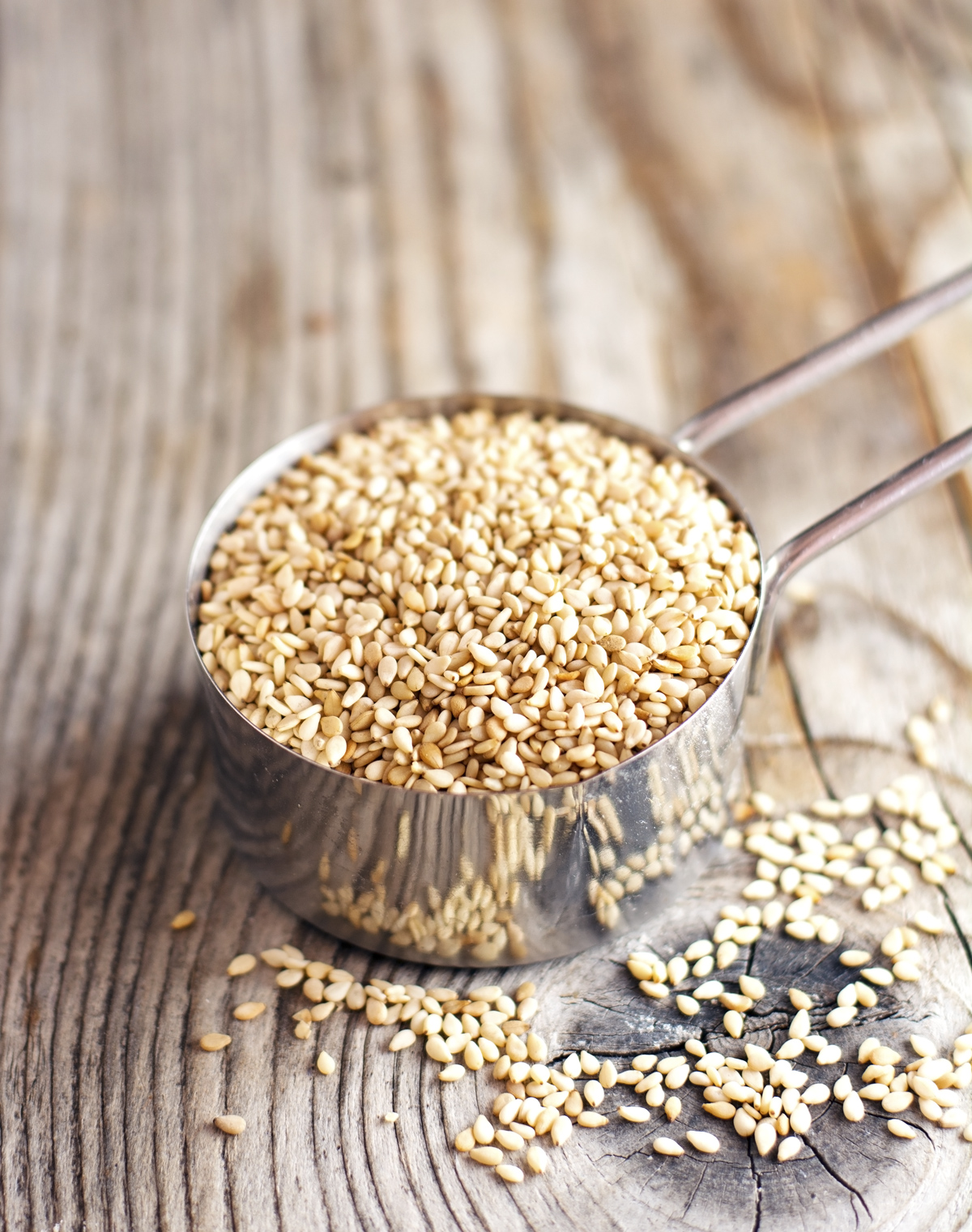
The Iron You Sunflower Sesame Seed Brittle
Frequently Asked Questions About Sesame Seed Expiration How Long Do Sesame Seeds Typically Last? Sesame seeds have a relatively long shelf life, but it depends on how they are stored. If kept in an airtight container in a cool and dry place, they can last up to two years. If exposed to light, heat, or moisture, the seeds can turn rancid.

What are Sesame Seeds & How Do I Cook With Them?
Opened Sesame Seeds. Once a bag of sesame seeds is opened, we recommend transferring them to an airtight container. Opened sesame seeds can be stored in two ways—you can either keep them in the pantry or store them in the refrigerator. Toasted Sesame Seeds. Once toasted, the shelf-life of sesame seeds shortens quite a bit.
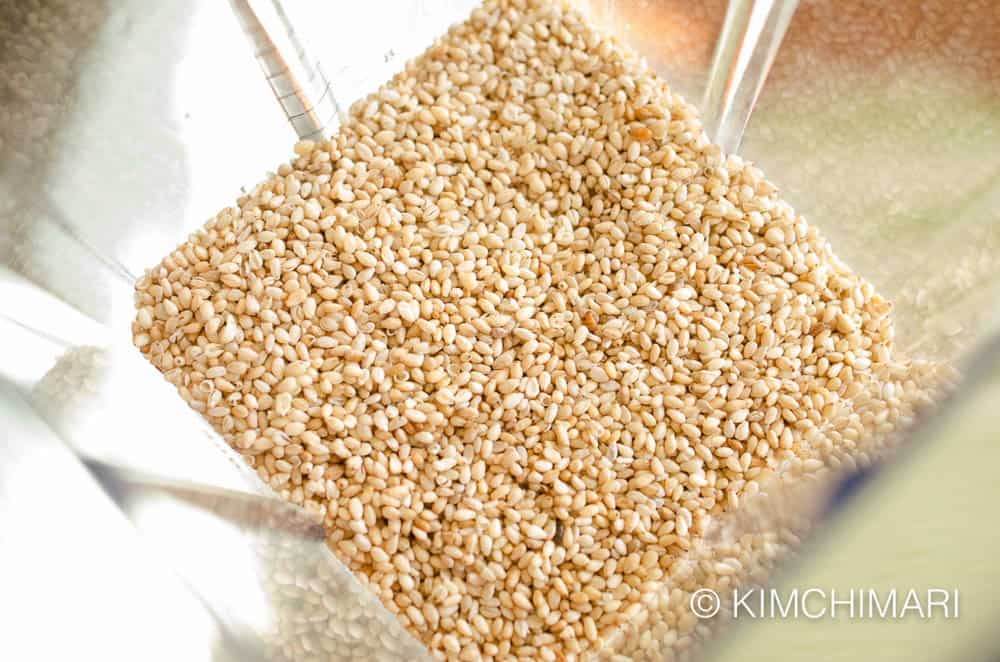
Toasted or Roasted Sesame Seeds Korean Ingredient Kimchimari
Tahini. Tahini is a popular dip made by combining blended sesame seeds with water. However, blending the seeds causes them to spoil quicker, driving most tahini recipes to last no longer than four months. However, tahini may last for 6-8 months when stored in the refrigerator.

10+ Surprising Pics That Show How Food Looks Before It’s Harvested
How long does sesame seed last at room temperature? Properly stored, sesame seed will generally stay at best quality for about 3 to 4 years. To maximize the shelf life of sesame seed purchased in bulk, and to better retain flavor and potency, store in containers with tight-fitting lids. Is sesame seed safe to use after the "expiration" date on.
:max_bytes(150000):strip_icc()/sesameseeds2x-58aefcf35f9b58a3c92b1fc3.jpg)
Best Herbs and Spices for Bread Bakers
Sesame seeds should be stored at a cool and dry location. Ideally, the temperature should be between 40°F (4°C) and 60°F (15°C). Avoid storing them in areas with high humidity, such as near the stove or refrigerator, as moisture can cause the seeds to become moldy or rancid. Read more: How To Grind Sesame Seeds.